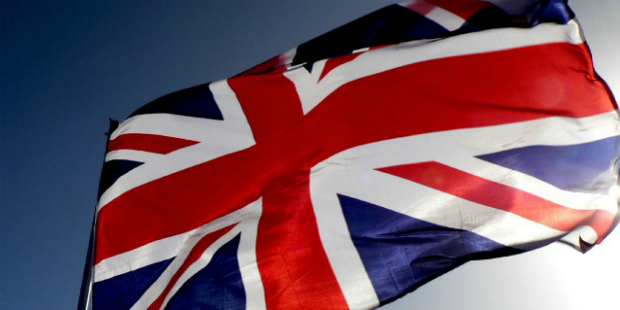In a historic turn of events, the UK has seen its biggest political change since Brexit, with the Labour Party winning a landslide victory in the recent election. Initial results suggest Labour has won a stunning majority of 168 seats, surpassing even Tony Blair’s victory in 2001, marking one of the biggest political upheavals in UK history.
The election result reflects a seismic shift in voter sentiment, with the right-wing Reform Party delivering a major blow to the outgoing Conservative government, explains Azad Zangana, Schroders’ chief European economist and strategist. In many constituencies, the Reform Party outperformed the Conservatives, often picking up votes that would have otherwise gone to Labour. As a result, the Conservatives suffered a major loss, losing more than two-thirds of their seats, prompting deep reflection on the party’s future.
Keir Starmer has ended Labour’s leadership hiatus since May 2010. His urgent task will be to form a government quickly before next week’s crucial Nato summit.
The Labour government’s priorities emphasize economic growth, stability and security, which are critical factors for investors seeking certainty amid past political turmoil, explains Azad Zanganeh. The UK has faced multiple changes in leadership since December 2019, undermining policy consistency and predictability, which are essential for business confidence.
Labour’s strategy aims to stimulate the stagnant economy under the outgoing government of Rishi Sunak. Key initiatives include increasing public spending on essential services and reforms to attract foreign direct investment, such as overhauling the planning system.
Chancellor Rachel Reeves is set to exempt public investment from current debt constraints, signaling a willingness to raise more debt for strategic investments. However, concerns remain about the distinction between current spending and long-term investments, which could impact discussions on fiscal policy.
Labour faces the challenge of managing the heavy fiscal burden inherited from previous administrations, exacerbated by the freezing of income tax thresholds in recent years. Despite manifesto commitments to freeze most personal taxes, there is speculation that some taxes could rise in the future, driven by fiscal pressures and demographic changes.
The UK’s tax burden is expected to reach its highest level since 1948 by the end of the current fiscal forecast period, highlighting the complexities ahead for Labour’s economic agenda.
Schroders, chief European economist and strategist, explains that markets have reacted moderately to the election results, with attention focused on the Bank of England’s Monetary Policy Committee. During the election cold snap, committee members have refrained from making public statements, but there is an expectation that discussions on possible rate cuts will resume from August.
In conclusion, Labour’s landslide victory promises a shift towards political continuity and stability, which could ease economic uncertainty. However, challenges such as managing fiscal policy, responding to demographic change and addressing voters’ concerns about immigration policy will shape Labour’s governing agenda in the coming years.

“Writer. Analyst. Avid travel maven. Devoted twitter guru. Unapologetic pop culture expert. General zombie enthusiast.”


